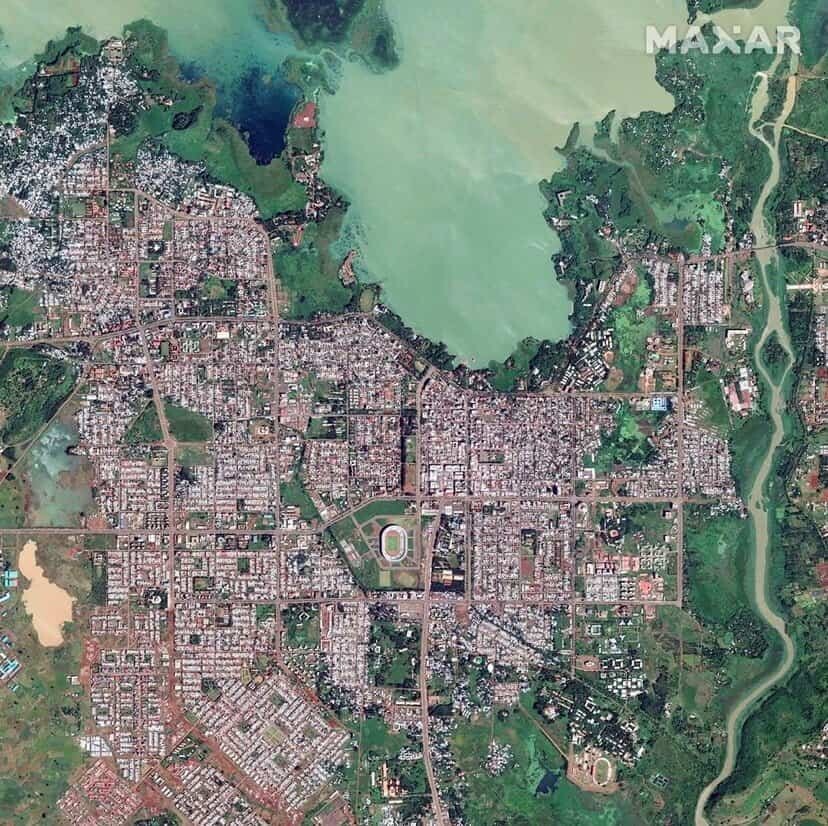Zonal and woreda investment bureaus are barred from allocating land around cities such as Bahir Dar. The allocation of land near cities appears to be more of a land grab than actual investment work, according to officials the regional administration.
Yilkal Kefale (PhD), President of Amhara Regional State, stated in a letter sent to the region’s zonal, regio-politan, and city administrations last week that the decision triggered by the maladministration observed in allocation of land to investors.
“It has been observed that an illegal invasion of land in the city and surrounding areas is taking place by handing over the land as a gift and giving title deed certificate without following the legal procedure,” the president said in the letter.
Yilkal claims that woreda administrations near cities are handing over plots for investment projects that do not fit with their urban planning. According to him, the administrators in rural areas are providing the land plots for investments that were supposed to be provided by urban administrations. This includes lodging facilities like hotels and lodges as well as real estate.
“The land allocations are taking place against the masterplan of cities in a way that stalls the future development of cities,” the letter reads. As a result, Yilekal directed woredas located in surrounding areas of cities not to grant land to any investor without the approval of the region’s investment board.
The allocation of land near cities by woreda administrators is causing farmers in the area to lose their farming lands, according to Indris Abdu, head of the region’s Investment and Industry Bureau. He says the allocation is also unsuitable for providing infrastructure and supervising investors’ activities.
For him, the allocation is based more on investor demand for land and the investment sector than on the woreda’s investment plan.
“Investors are asking for plots of land in city surrounding areas to build hotels and real estate while this type of investment is needed in cities and lands are available there,” Indris said, adding that the investments needed in large cities such as Bahir Dar are flowing into surrounding rural areas, causing the city to be concerned about meeting their 10-year plan.
The previously allotted lands were not utilized in the intended investment sectors to which the investors were given access, according to Indris.
The regional government assessed the performance of investors who were granted land for various investment sectors in March 2022 and discovered that 937 investors had not yet begun operations on the land.
In June, the land rights of 169 investment projects were revoked after they failed to begin operations within the two-month deadline.
The recent prohibition on woreda administrations, according to Indris, is only temporary until the bureau prepares investment mapping for all cities and towns
“The woredas will then regain their mandate,” Indris revealed.
RP


Land grabbing has had been a major challenge in most of the towns, cities of Ethiopia, particularly in urban peripheries, during the last three/four decades. But, now peaks to its worst statusque.
Various scholars have had in the past tried to address the issue, however, the ruling government bodies remained elephant-eared. This ultimately is because of the skyrocketing corruption and bad governance. Structurally organized orruption makes land grabbing unturnable.
“Wrong Turn” a know film exemplifying the land grabbing concern Dr. Yilkal Kefale made a statement, but unlikely to get to an end point subject to Amhara regional state, Bahirdar.
Mekonnen Getahun